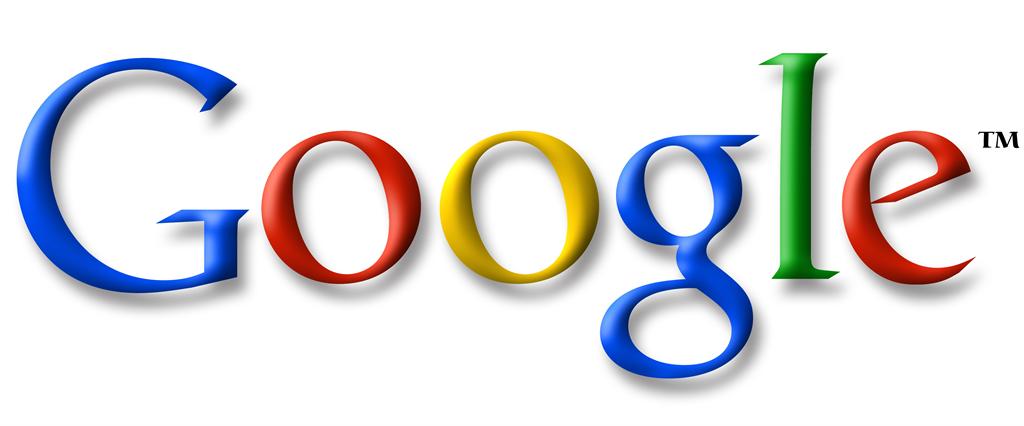 It was an eventful week but I shall pick Google’s acquisition of AdMob as my top (well, maybe only #2) item. A game changer, the final acknowledgement of the power of mobile, there is a lot one can find to describe the deal and for all the right reasons:
It was an eventful week but I shall pick Google’s acquisition of AdMob as my top (well, maybe only #2) item. A game changer, the final acknowledgement of the power of mobile, there is a lot one can find to describe the deal and for all the right reasons:
The acquisition of Admob by Google shows Google’s commitment to “mobile, mobile, mobile”, which in itself is encouraging for the sector that is – despite a number of larger players evolving and despite the still relatively recent paradigm shift initiated by the iPhone – still fledgling. That in isolation makes it great news for the mobile sector!
 From Google’s and Admob’s respective business perspectives, it appears to make eminent sense, too (and I am not privy to their numbers): Admob will be able to bulk up and cement its leadership position in the segment. Its inventory and back-end ad management will be able to dip into Google’s vast resources, which is great for them. Google probably realized that Admob’s strength meant that they would be difficult to beat. And who you can’t beat, you shall join (or, in Google’s case, buy) them. For Google, it is a smart move as it gives them critical mass in an ad format where they have not nearly been as dominant as for other formats and gives them access to a lot of eyeballs.
From Google’s and Admob’s respective business perspectives, it appears to make eminent sense, too (and I am not privy to their numbers): Admob will be able to bulk up and cement its leadership position in the segment. Its inventory and back-end ad management will be able to dip into Google’s vast resources, which is great for them. Google probably realized that Admob’s strength meant that they would be difficult to beat. And who you can’t beat, you shall join (or, in Google’s case, buy) them. For Google, it is a smart move as it gives them critical mass in an ad format where they have not nearly been as dominant as for other formats and gives them access to a lot of eyeballs.
The eyeballs bit is, however, maybe the concerning piece of this: Google makes 97% of its revenues from its legacy business using AdSense, AdWords, etc. Nothing much has changed for a couple of years and it has miserably failed with a couple of acquisitions (anyone remembering “the 2 kings have gotten together” [1:00]?), YouTube is a great site but did Google maximize it (yet)? Probably not. Jaiku was more than just a worthy competitor to Twitter; they were history the moment Google bought them (well, it was eventually moved to Google’s App Engine but no one seems to have made much use of it).
As much as I admire Google, the company (where – get this -, when in new product development, you are allegedly judged by the number of failures you managed to produce! Very, very good and gutsy thinking!), it has to get its head around more “modern” approaches to marketing and engagement. Text and display ads alone won’t cut it in the long run… But, in any event, the combination with AdMob will give Google a little bit more of a runway to get this right and – smart companies both of them are – I am sure there is more than enough brain cells to get it right. All good!











